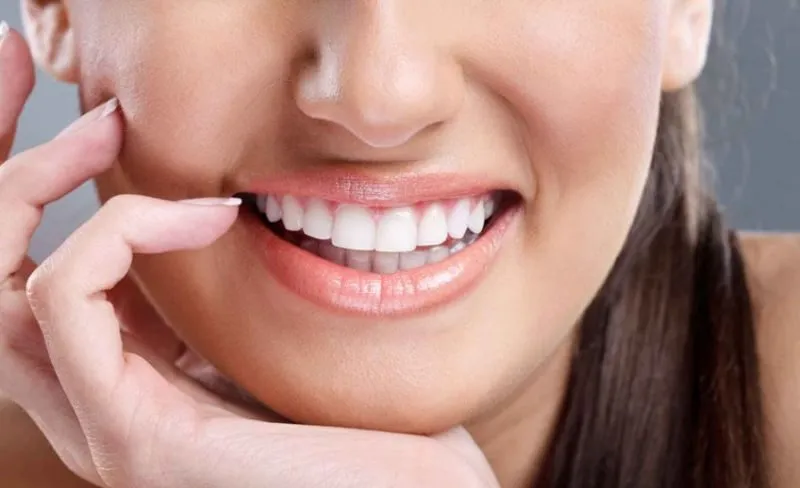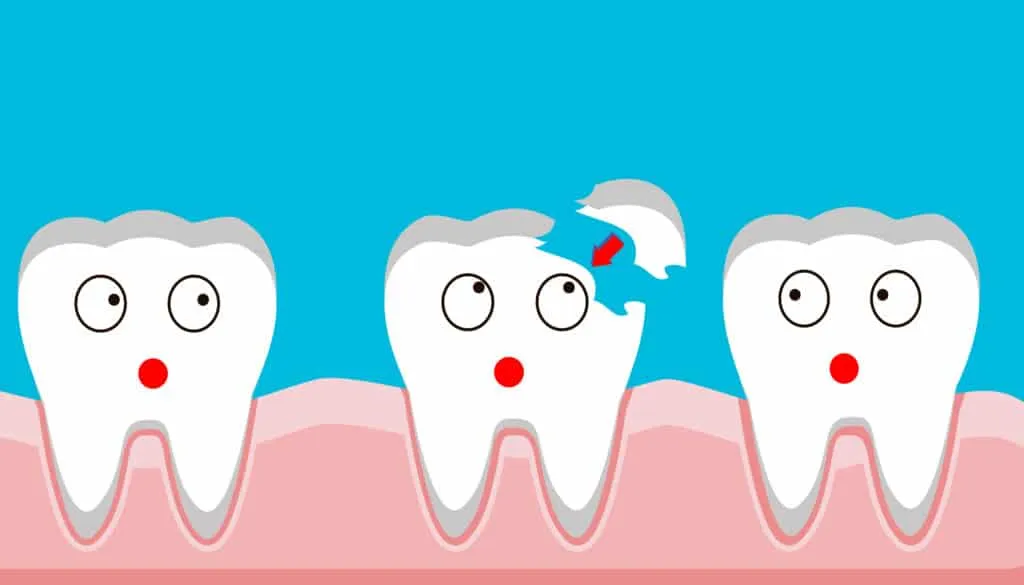How Often Should You Really Get a Dental Cleaning?
When it comes to keeping your smile bright and your teeth healthy, regular brushing and flossing at home simply aren’t enough. Professional dental cleanings are essential—but how often do you really need to book one? Is twice a year enough for everyone, or do some people need more frequent care? At Expressions Dental™ Calgary, this is one of the most common questions we hear from our patients. Let’s explore how often you should schedule your dental cleanings—and why consistency matters more than you might think. The Standard Answer: Every Six Months For most people, a dental cleaning every six months is recommended. This allows your dental hygienist to: • Remove hardened plaque (tartar) that brushing can’t handle • Polish away surface stains for a whiter smile • Detect early signs of cavities, gum disease, or oral cancer • Catch minor issues before they become major (and costly) problems Why six months? Tartar tends to accumulate steadily over time, and waiting longer could lead to gum irritation, bad breath, and more serious oral health issues. But Not Everyone is the Same: Personalizing Your Schedule While the “every six months” rule works for many, some people should visit more often. Factors that can increase your need for professional cleanings include: ▸ Gum Disease (Periodontal Disease) • Patients with gum disease should typically come in every 3–4 months. • Frequent cleanings help control bacterial buildup that causes gum inflammation and bone loss. ▸ Smokers • Tobacco use increases plaque buildup and risks of gum disease and oral cancer. • Smokers often benefit from 3–4 month cleaning intervals. ▸ Diabetic Patients • Diabetes makes individuals more prone to gum infections. • Cleanings every 3–4 months help reduce risk. ▸ Braces or Invisalign Wearers • Orthodontic appliances make cleaning teeth more difficult. • Professional cleanings every 4–6 months are often recommended. ▸ Pregnant Women • Hormonal changes increase susceptibility to gingivitis. • More frequent cleanings during pregnancy can help protect oral and overall health. ▸ History of Frequent Cavities • If you’re cavity-prone, your dentist may suggest visiting every 4 months to keep decay in check. Why Regular Dental Cleanings Matter Even with diligent brushing and flossing, plaque can harden into tartar in hard-to-reach spots. Only professional tools can remove tartar effectively. Routine cleanings can help you: • Prevent tooth decay • Avoid gum disease • Maintain fresh breath • Catch oral health problems early • Enjoy a whiter, brighter smile Skipping your cleanings could lead to cavities, gum recession, and eventually tooth loss—not to mention more expensive treatments down the road. Frequently Asked Questions 1. Can I wait longer than 6 months between cleanings if my teeth feel fine? Even if you’re not experiencing pain, plaque and tartar are building up silently. Delaying cleanings risks hidden decay or gum issues progressing without symptoms. 2. Does insurance cover dental cleanings? Most dental insurance plans in Alberta cover two cleanings per year. Additional cleanings (if medically necessary) may also be covered with dentist documentation. We offer…



